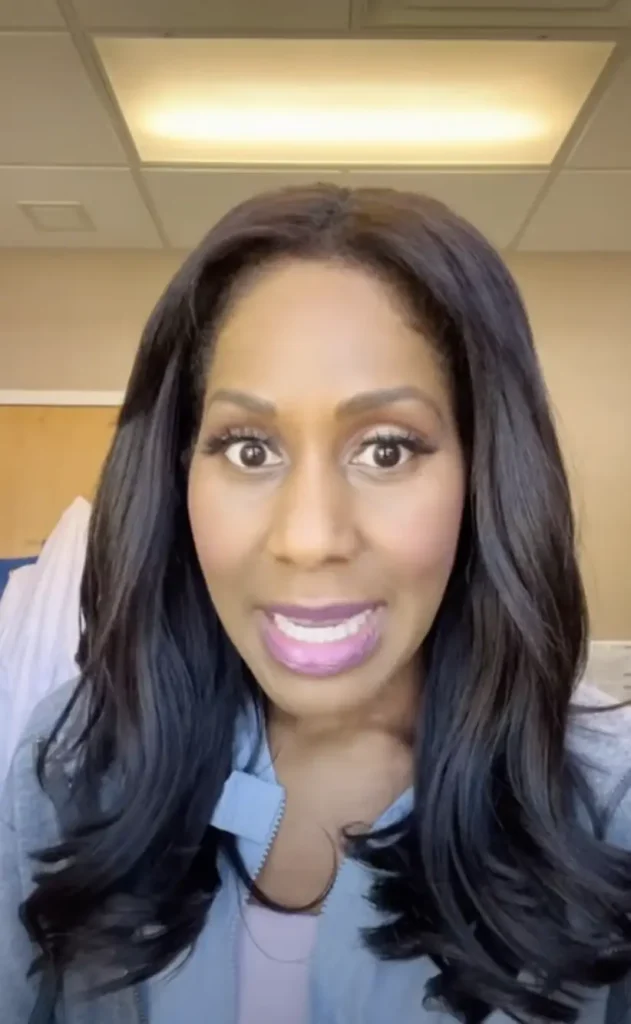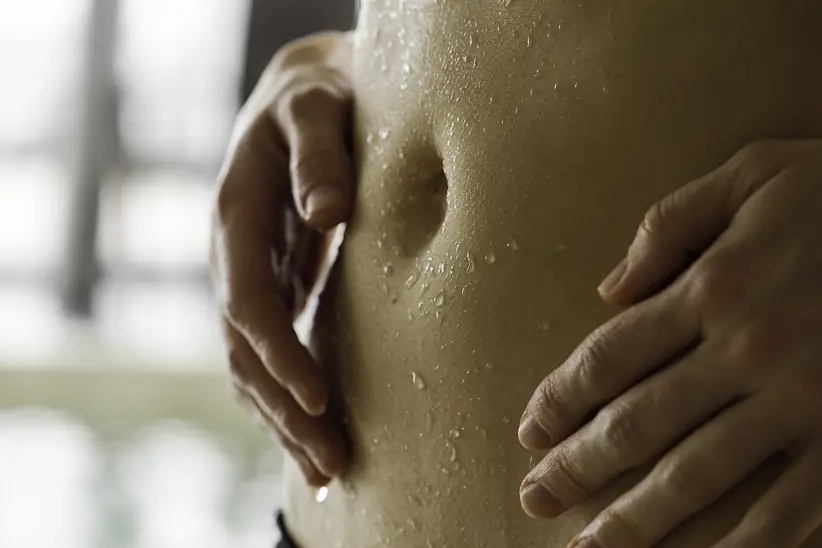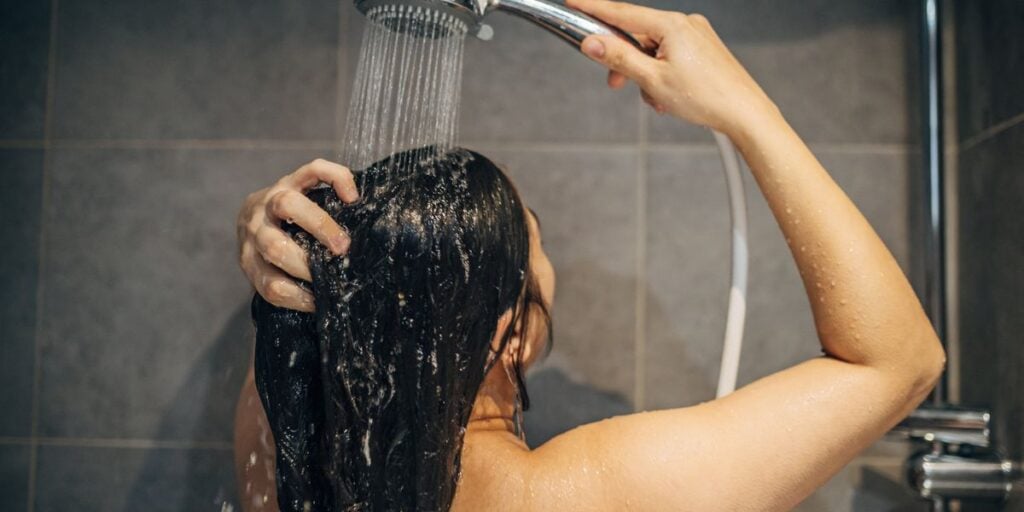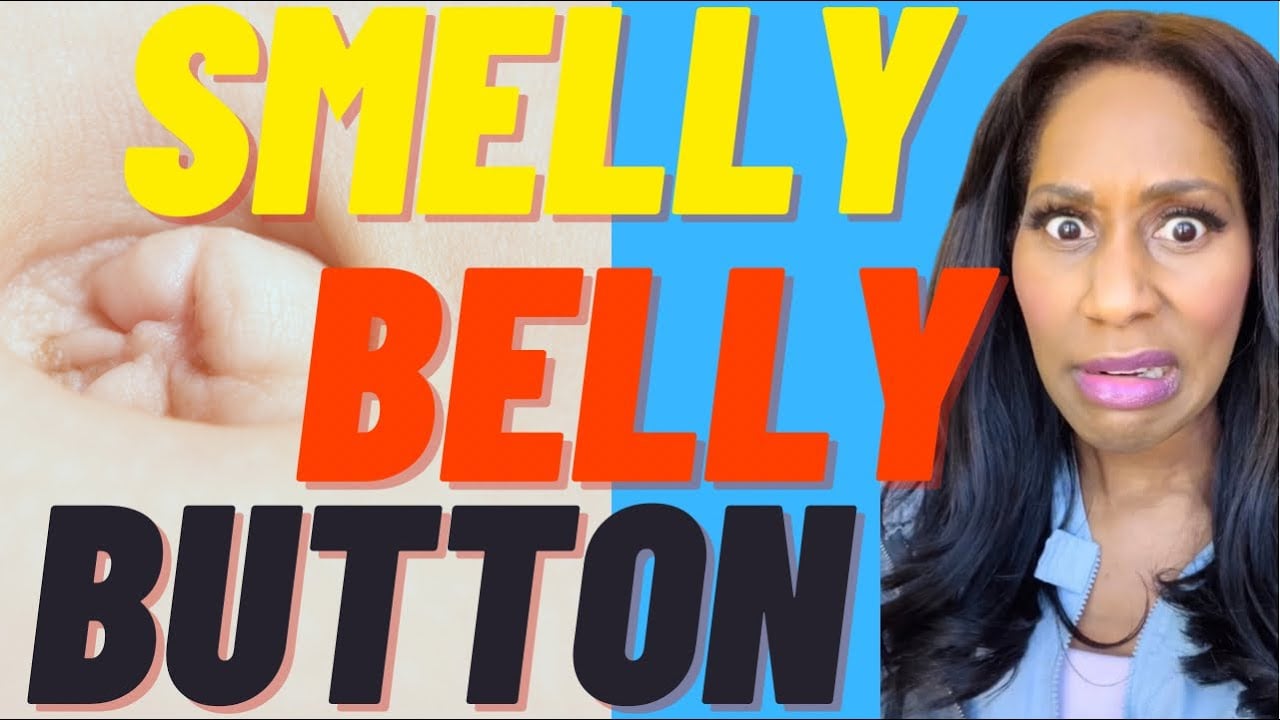A doctor has sent out a reminder about an area of personal hygiene that people often forget about.
If you don’t pay attention to it, it might pile up for months and require complex medical procedures.
Dr. Jen Caudle, a Board-Certified Family Physician, on-air health expert, and video creator, says that many individuals forget to clean their belly button correctly, even if brushing their teeth, washing their hair, and showering every day are all normal parts of personal care.

Dr. Jen, who gives medical advice online, made a video for her YouTube channel in which she talked about how belly buttons are left over from the umbilical cord, which is cut after birth.
Dr. Jen explains, “Now, look, this is the thing: that belly button needs to be cleaned because if it’s not, some crazy, yucky things can happen.”
First, a dirty belly button can lead to bacterial illnesses. Dr. Jen says that “moisture and debris can kind of set” in the folds of “innie” belly buttons. This can lead to very bad bacterial infections that may need antibiotics to get rid of. She notes that a belly button that smells bad is a sure symptom of a bacterial illness.

Another problem with having a dirty belly button is that it could create a yeast infection, which can have symptoms that are similar but not quite the same as those of a bacterial illness. She said that you might have some redness, itching, soreness, and discharge.
Dr. Jen believes that having a dirty belly button might potentially give you “belly button stones.” “It’s just a lot of trash and dead skin cells and other things that have been piling up,” she said. “If you don’t wash down there for a long time, these hard bumps can form.
They almost look like blackheads. They smell bad, but your doctor can help you get rid of them.
Her video got a lot of replies from people, many of whom said they had never thought about washing their belly button as part of their usual routine. One person responded, “Oh god, I never thought about that before,” while another stated they wash that region every time they take a shower. Another person said, “I treat it like any other stinky part of my body.”
Dr. Jen says that you should clean your navel every day to keep sweat, dead skin cells, oils, and lint from building up. This is especially important for people with “innie” belly buttons, which are more likely to trap dirt.

She says that for “innie” (indented) belly buttons, you should wet a cotton swab or washcloth with warm, soapy water and clean it gently in small circles. After that, use a clean, moist cloth or swab to get rid of any soap residue. Lastly, she says to dry the area with a towel to keep moisture from building up, which can let germs and fungi develop.
She says that for “outie” (protruding) belly buttons, you should wash them in the shower by rubbing mild soap on the region with your fingers or a cloth. After the shower, make sure all the soap is washed off and the area is completely dry.
Cleaning your belly button on a daily basis may seem like a small thing, but it can assist with both everyday hygiene and make things easier for doctors if you ever need surgery.

